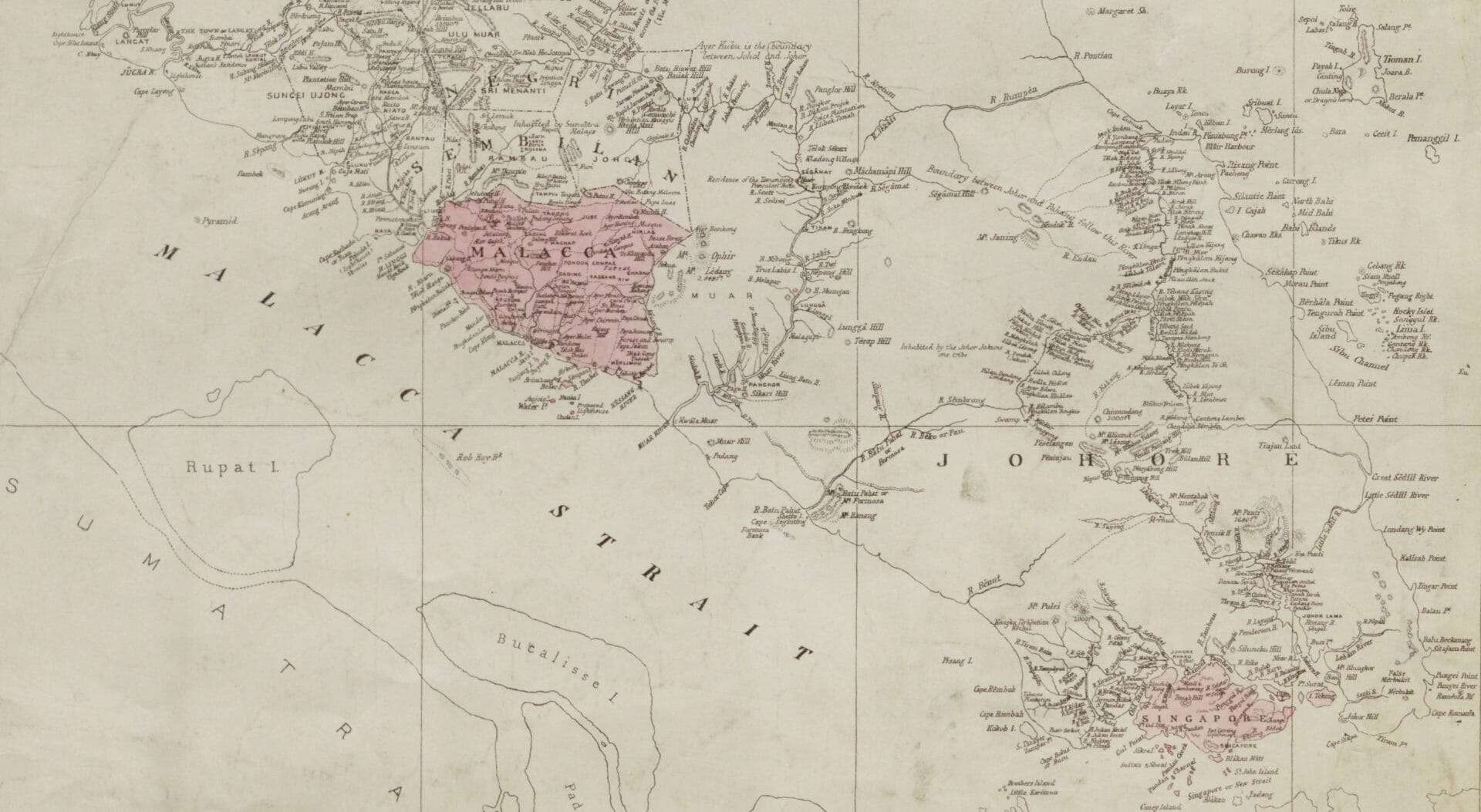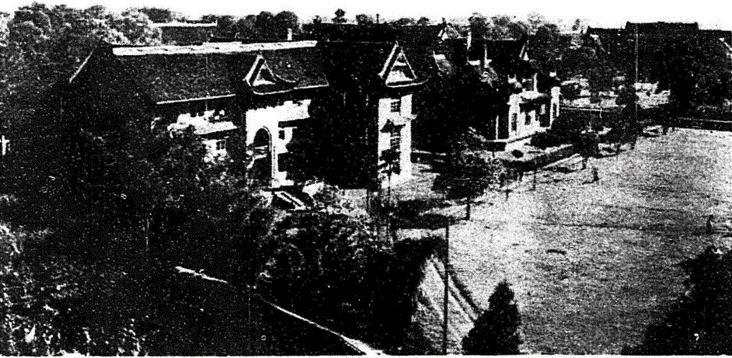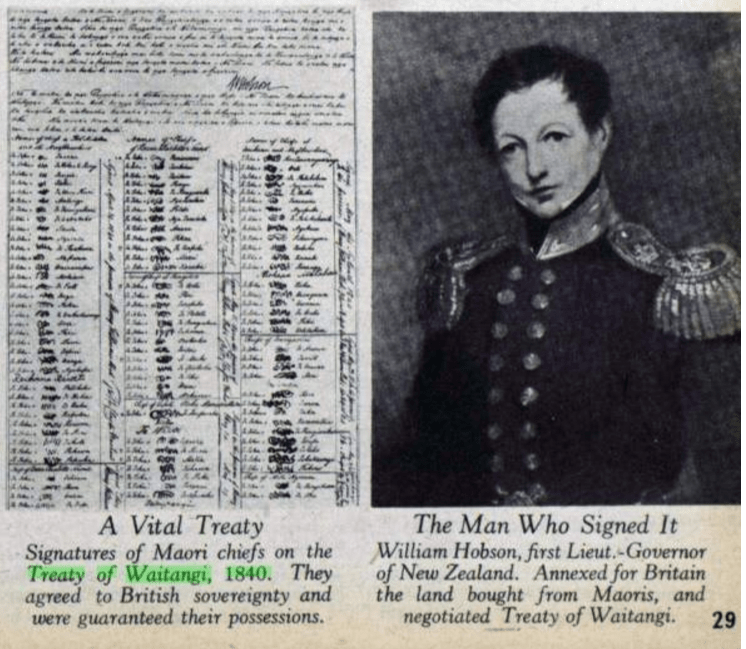│By Rebecca Chiew, Associate Editor with the Gale Asia Publishing Team│
Ngiam Tong-fatt (嚴崇發 1917–?) was an overseas Chinese living in Singapore in the early and mid-twentieth century. He worked as a correspondent based in Singapore in the 1940s for The China Critic (中國評論週報, 1928–1946), a weekly periodical founded on May 31, 1928 by a group of Chinese intellectuals who had studied in the United States. Despite the editors’ avowed preference for “nonpolitical” discourse, The China Critic’s editorials and articles frequently discussed the presence of imperialism in Shanghai, debated the abolition of extraterritoriality, and advocated equal access to public facilities in the concessions. The editors also participated in wider-ranging discussions about urban affairs.





